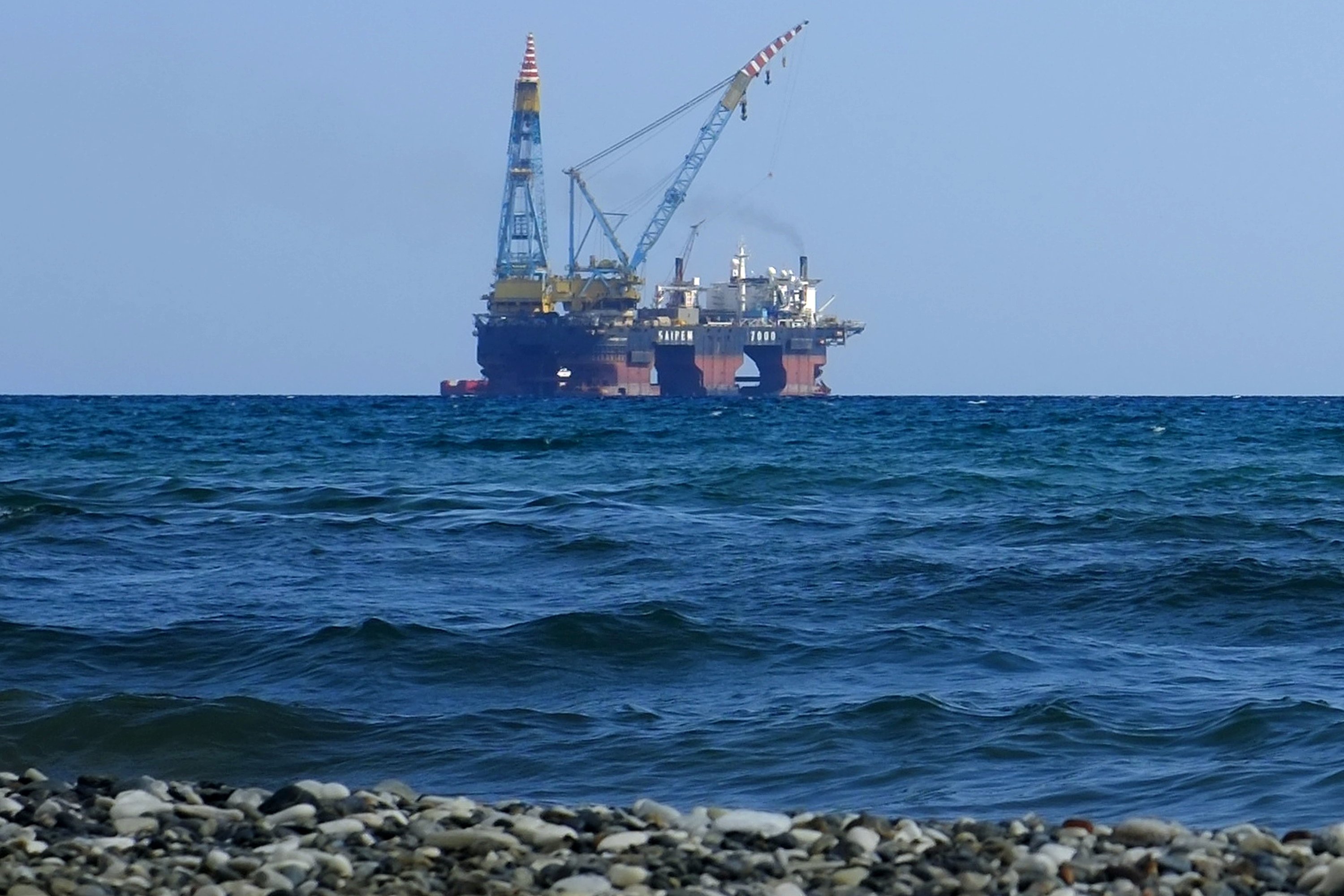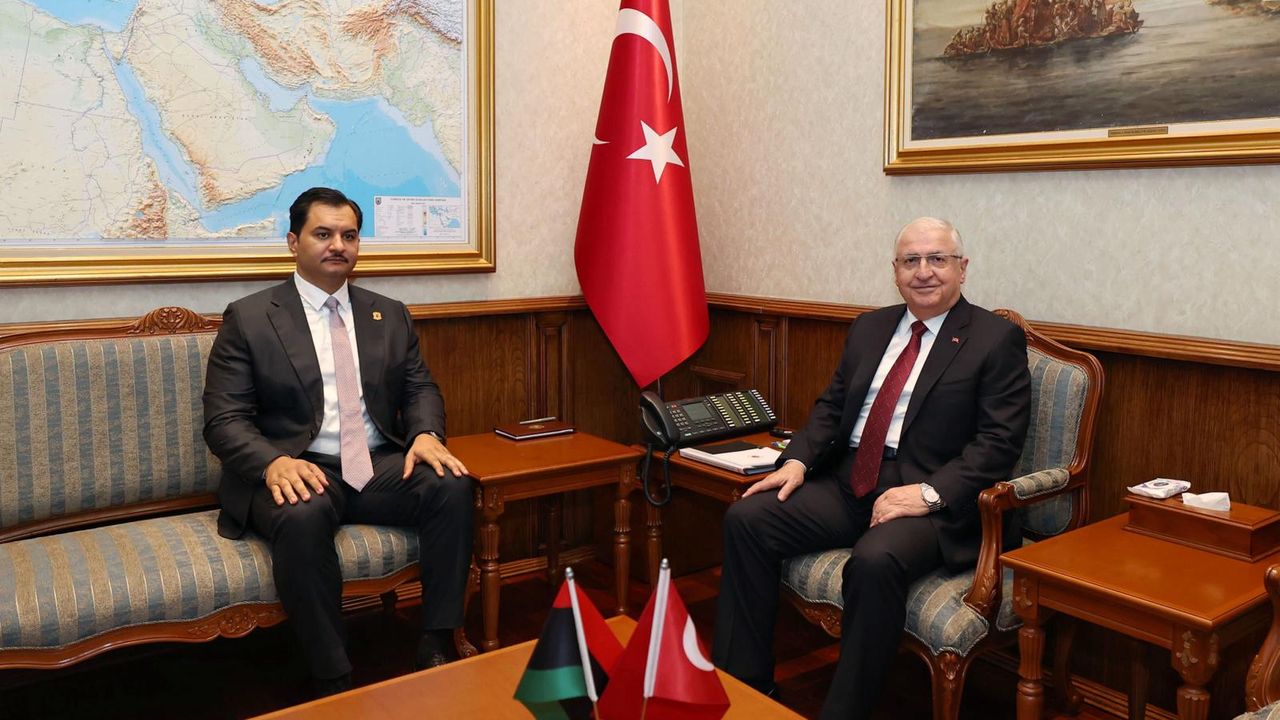Qatar energy company discovers more natural gas in Cyprus

A consortium comprised of ExxonMobil and partner Qatar Energy International made a second natural gas discovery under the seabed south of Cyprus, which could boost Qatar’s impact as an energy exporter according to The New Arab via The Associated Press on July 7th.
The new natural gas discoveries could help Europe reduce its reliance on Russian hydrocarbon by spreading its energy supply and helping support a successful energy partnership between Cyprus, Greece, and Israel, according to John Sitilides, who is a senior fellow at the Foreign Policy research institute and a geopolitical strategist at Trilogy advisers in Washington.
‘’Washington and Brussels would be wise to support this hydrocarbon network to develop a greater measure of critical energy independence for Europe’s hopeful re-industrialisation,’’ Sitilides stated.
The Cypriot government spokesman Konstantinos Letymbiotis stated in a written letter that the ExxonMobil’s vice president, John Ardill, told Cypriot President Nikos Christodoulides about the discovery at the Pegasus-1 well.
The well was found about 118 miles Southwest of Cyprus at a depth of 6,302 feet of water. There were no estimates of the natural gas quantity. However, the statement said further assessments will be carried out in the future to analyse the results.
The Exxonmobil-Qatar Energy consortium carries various exploration licences for two areas or blocks within Cyprus’ exclusive economic zone. During 2019, the partnership discovered the Glaucus 1 well within the same Block 10 where the Pegasus-1 well is located. The Cypriot authorities state Glaucus-1 is believed to carry up to 3.7 trillion cubic feet of natural gas.
Pegasus-1 is the sixth natural gas deposit that is yet to be discovered inside Cyprus’ economic zone in the last 14 years. Other deposits that are composed by different wells such as Zeus, Cronos, and Calypso, lie within Block 6, which is run by a consortium made up of Eni of Italy and Total of France.
Cronos is believed to hold at least 3.1 trillion cubic feet of natural gas and Zeus is estimated to hold 2.5 trillion cubic feet of gas whilst Calypso is still under evaluation.
The Eni-total partnership holds the exploration licenses to four blocks. The earliest field to be found, known as Aphrodite, is believed to hold 5.6 trillion cubic feet of natural gas. This field is in Block 12 and is run by a consortium that is made up of Chevron, NewMed Energy, and shell.
Different agreements with Egypt foresee gas from the Cronos and Aphrodite fields to be sent to Egypt through a pipeline for either domestic use or to be processed at Egypt’s facilities for exportation to the European market and different markets around the world.
Cyprus’ Energy Minister George Panastasiou stated that ExxonMobil, Eni and Total could join forces to develop their gas deposits.
The New Arab via The Associated Press
Want to chase the pulse of North Africa?
Subscribe to receive our FREE weekly PDF magazine












